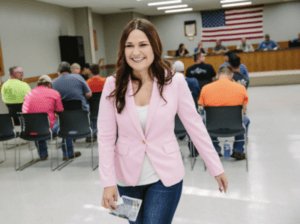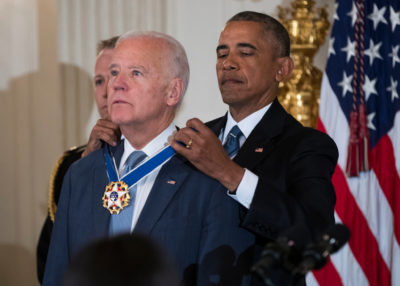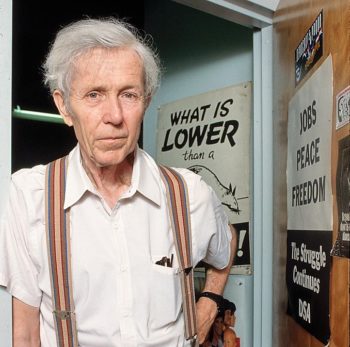As we near the end of 2022, nobody really wants to talk about 2015. But one 2015 topic has piqued my interest as of late: the decision of the Old Guard of the DSA to ride the 2016 Bernie Sanders campaign to membership growth. As the Old Guard reflects back on it – if it reflects back on it – I suspect it has mixed feelings about how it all went down.
Category: Partisan Politics (Page 6 of 18)

Here’s the short answer to the title of this post: No.
But for a slightly longer answer, I’ll point out that many things could happen. Kim Reynolds could get caught driving drunk while cheating on her husband. Chuck Grassley could die from old age. And so on. But assuming nothing outrageous happens, Democrats won’t win the major federal or statewide races this fall. They will lose Iowa in 2022. Normal campaigning and GOTV efforts won’t be enough to win.
Incidentally, wealthier Democratic donors and party officials already know this. It’s a big part of why donors haven’t given as much money as usual by this point. A few progressives in the state have even criticized Democrats for ‘throwing in the towel.’

The left leaning candidate almost always loses the Democratic nomination. Why?
Among their major electoral problems, progressives and left leaning electoralists can’t count. In other words, they don’t know what a majority of the Democratic Party consists in and how to get there. Nor is this merely a problem of electoral organizing. It’s also one of the key problems Jane McAlevey sees in many unions in her book No Shortcuts, among other works.
In order to get to some ways to solve all this, I’d like to take a look at the Democratic Party and its presidential nomination. Who does win? And how do they do it? What kind of coalition of voters do they build?
U.S. politics move through familiar cycles. Here’s one of them: A mass shooter kills lots of people, most (or all) of them children. Media attention and public outrage follow. Many in the GOP dismiss the incident, blaming mental health and framing Democrats as opponents of gun rights. Democrats use the incident to push their usual set of ‘gun control’ solutions to gun violence – background checks, assault weapon bans, and targeted limits on who can own guns (e.g., red flag laws).
The Uvalde shooting at Robb Elementary School, of course, serves merely as the most recent example of this cycle.
In his book Know-It-All Society, Michael P. Lynch claims that intellectual arrogance rules US politics. Along the way, he points out that people share the news not to get at the truth. Or even to engage with ideas. Rather, they share the news an act of expression – a case of what Lynch calls ‘expressivism’ (related to, but somewhat distinct from, ethical expressivism). ‘Expressivism,’ here, means they post news stories on Facebook and Twitter to say something about themselves rather than about the world.
I think Lynch makes a good point. And I want to extend that point a bit. I think the term ‘expressivism’ provides us with a useful way to look at how people talk about COVID policy and even the politics they want to see.


